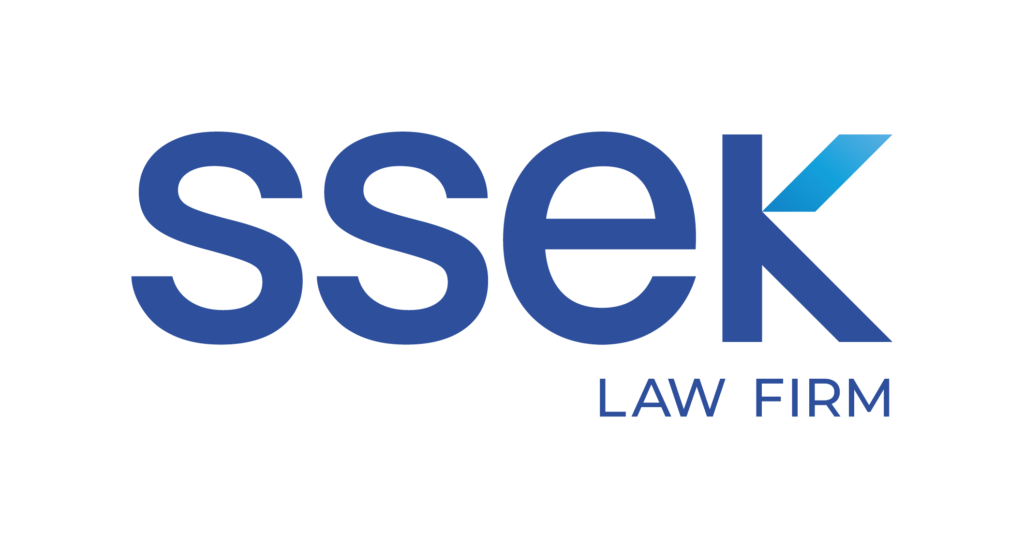Private Investment In Indonesia’s Upstream Oil & Gas Industry.
Under Indonesia’s Oil and Gas Law (Law No. 22 of 2021 regarding Oil and Gas, as last amended by Law No. 6 of 2023 regarding the Stipulation of Government Regulation in lieu of Law No. 2 of 2022 regarding Job Creation) and Government Regulation No. 35 of 2004 regarding Upstream Oil and Gas Business Activities, as last amended by Government Regulation No. 55 of 2009, upstream oil and gas activities in Indonesia can be conducted by either a business entity or a permanent establishment.
A business entity must be a legal entity established, operating and domiciled in Indonesia. This includes state-owned enterprises, regionally owned enterprises, co-operatives, small-scale businesses, and private limited liability companies. A limited liability company may take the form of a wholly Indonesian-owned company (Penanaman Modal Dalam Negeri, or PMDN) or a partially or wholly foreign-owned company (Penanaman Modal Asing, or PMA).
Conversely, a permanent establishment is a business entity established outside Indonesia that conducts activities within Indonesia and is subject to its laws and regulations. An offshore subsidiary holding a participating interest in a production sharing contract (PSC) is considered a permanent establishment.
Private entities obtain the authorization to explore and extract oil and gas resources by entering into a PSC with the Indonesian government (through the Special Task Force for Upstream Oil and Gas Business Activities (Satuan Kerja Khusus Pelaksana Kegiatan Usaha Hulu Minyak dan Gas Bumi, or SKK Migas), thus acting as a contractor to SKK Migas. Each entity is limited to holding one PSC, usually awarded for 30 years (typically consisting of 10 years of exploration, followed by 20 years of exploitation).
Offering of Work Areas
Upstream business activities take place in designated regions known as “work areas”. These areas are established following approval from the Ministry of Energy and Mineral Resources (MEMR) in consultation with SKK Migas and relevant local governmental authorities. Work areas can be allocated through either a tender process or a direct offer as regulated under MEMR Regulation No. 35 of 2021 regarding the Procedure for Allocating and Offering Oil and Gas Working Areas.
New working areas are mostly awarded through a tender process. To participate in a tender process, the bidder must purchase the bid documents for the work areas to register as a tender participant, acquire government information on the work area, and submit and complete bid documents to the MEMR by the tender closing date.
The direct offer process enables a party to propose a working area for inclusion in a tender process, with or without prior joint study. If a joint study is conducted, the proposing party earns the right to match the highest bidder in the subsequent tender for that specific contract area. Direct offers without a joint study are restricted to areas previously tendered but left without a successful bidder.
Business Licensing
Under Government Regulation No. 5 of 2021 regarding the Organization of Risk-Based Business Licensing, which is the government regulation governing business licensing in Indonesia, upstream oil and gas activities may be implemented by business entities or permanent establishments through the obtainment of a PSC and a Business Identification Number (Nomor Induk Berusaha, or NIB) through the Online Single Submission (OSS) system.
Excerpted from the Oil, Gas and the Transition to Renewables 2024 Chambers Global Practice Guide, published by Chambers and Partners.
Find Oil, Gas and the Transition to Renewables: Indonesia here.
Further reading:
Energy Transition in Indonesia
This publication is intended for informational purposes only and does not constitute legal advice. Any reliance on the material contained herein is at the user’s own risk. All SSEK publications are copyrighted and may not be reproduced without the express written consent of SSEK.







